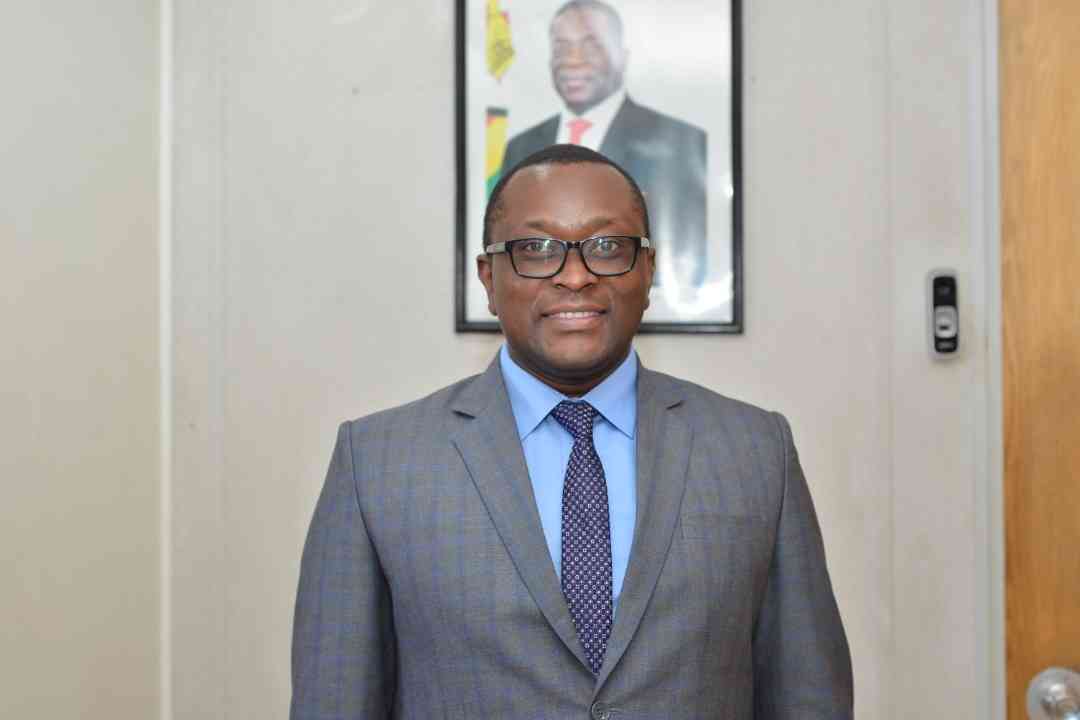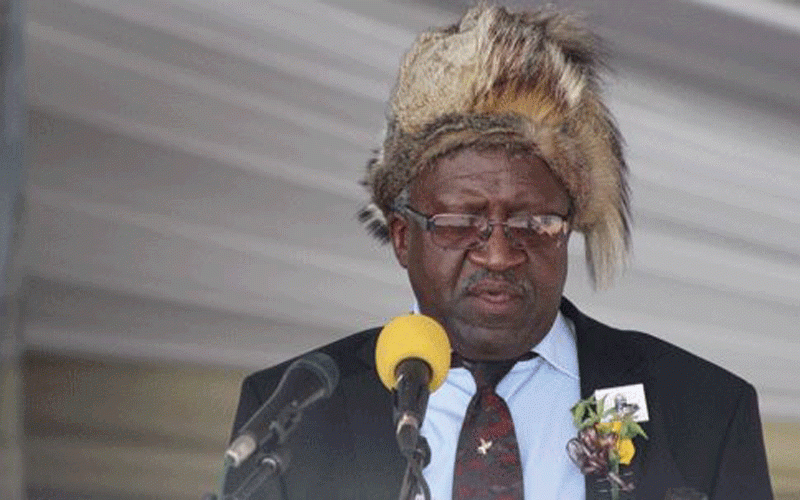
The law that seeks to review how broadcasting is regulated in Zimbabwe, the Broadcasting Services Act Amendment Bill on April 1, 2025 edged closer to becoming operational, having been passed through the Senate albeit with minimal debate.
Following the law's passage in the Senate, President Emmerson Mnangagwa's assent is the final step of implementing the changes put into effect by the legislature.
By all means, the most controversial provision and arguably the main motivation of the amendment being the Zimbabwe Broadcasting Corporation (ZBC) motor vehicle licensing framework.
In what the Information Publicity and Broadcasting Services minister Jenfan Muswere believes to be a masterstroke in resolving the financial crisis at the state broadcaster, motorists will in terms of this law be expected to pay for the ZBC license as a condition for insuring their motor vehicles and by extension the Zimbabwe National Road Admistration licence.
Legislators across the blurry political divide in both houses of parliament debated against this provision and to their credit tried to redirect the minister against this amendment.
But given how over the years, the legislature has by and large been weakened to resist the executive manoeuvres — even in the face of illegalities and illogical policy propositions - the proposals by Muswere and his counterpart at the Justice ministry, Ziyambi Ziyambi as leader of government business in parliament carried the day.
It is really unfortunate that the ministers ignored the legislators views, most of which reflected the points raised by parliament as obtained in the portfolio committee report on the public hearings. Are these public hearings and parliamentary debates now a facade, tick in the box exercise if the executive is just going to bulldoze its views and whip legislators to vote in the favour of the views of ministers?
Zimbabwe is a constitutional democracy with checks and balances on power as well as entrenched public participation in law making, the letter and spirit of which should be followed.
- Mr President, what message do you have for diasporan Zimbos at UNGA?
- Don't muzzle Gukurahundi survivors: UN
- UN has exposed ED deception
- Businessman piles pressure on top judge
Keep Reading
It is not the first time that ministers have bullied their way and gone against the tide of legislators and members of the public. Similar behavioural trends have been observed when the Private Voluntary Organisations PVOs Amendment Bill was passed and the patriotic provisions in the Criminal law. It is time that this pattern is stopped or challenged in the interest of preserving constitutionalism in Zimbabwe.
But I digress.
The ZBC provision, given the direct bearing on citizens pocket naturally hogged the limelight yet there were other issues around the law, by omission or commission that have other far reaching consequences on broadcasting diversity in particular and the media law reform process in general.
One such area is that of sustainability and the question of attracting foreign direct investment into the broadcasting sector.
The Information minister made a shocking u-turn on the provisions that were going to allow for up to 40% directorship and ownership for foreigners into the broadcasting sector.
The law prohibits foreign ownership and by extension investment and funding and the amendment thereof had been welcomed for encouraging broadcasting diversity and media sustainability.
Submissions by citizens and media representative bodies were supportive of this amendment, as a positive step towards addressing media sustainability and broadly the question of media reforms.
Besides the provision had been a recipe for irregularities and illegalities on the part of both the media actors and the regulator, the Broadcasting Authority of Zimbabwe.
Take the case in point of the six licensed television stations, awarded on November 24, 2020.
These stations, 3kTV, ZTN, NRTV, Kumba TV, KeYona TV and Channels D were licensed to provide free to air television services subject to the law.
It is common cause that practically none of these can said to be providing free to air services. I make this argument fully aware that at least four of these television stations are accessible on digital subscription platforms or for those with digital television services.
Both of these platforms are coming at an additional cost to the citizen and in the case of Multichoice’s DStv or AZAM TV, the cost is on a monthly basis. To which extent the element of "free to air" loses the essence of the legal import.
In any event two of the stations, Kumba TV and Channels D are yet to fully operationalize yet remained licensed.
It is a no brainier that these stations are failing to take off on account of their failure to attract capital - something that could have been addressed if broadcasting actors can look from within and partnership beyond.
Their incapacitation has resulted in a litany of illegalities.
Section 11 (7) of the Broadcasting Services Act states that a "licensee shall commence to provide a broadcasting service or operate signal carrier, as the case maybe within eighteen months of the date of the issue of the licence concerned."
It is beyond strange that in 2025, BAZ is yet to invoke Section 16 (e) of the BSA to on their "own initiative or at the instance of any interested party, may suspend or cancel any licence if there is evidence that the licensee has failed to comply with any term or condition of the licence."
To this end, the failure for these broadcasting outlets in television and radio on account of sustainability issues is posing risks of illegalities.
In any event, it is public record that the ones broadcasting are facing similar sustainability challenges threatening their existence.
Broadcasting is capital intensive and in this global village, there are definitely benefits that can be accrued from foreign direct investment. The question of media sovereignty had adqueately been dealt with in the context of these foreigners not having a controlling stake in the business.
Besides the law already compels broadcasters to use local languages, use local content and preserve our culture as safeguards for our sovereignty.
Denying broadcasters an opportunity for foreign investment when the country is open for business is an oxymoron.
But even worse, for parliament to have passed the law without taking the sustainability interests and capital needs of broadcasting actors is to plunge the country into sustained illegalities in terms of the conditions laid out as part of the broadcasting regulatory framework.
*Nigel Nyamutumbu is a media development practitioner serving as the coordinator of a network of journalistic professional associations and media support organisations, the Media Alliance of Zimbabwe. He can be contacted on njnya2@gmail.com or +263 772 501 557.









